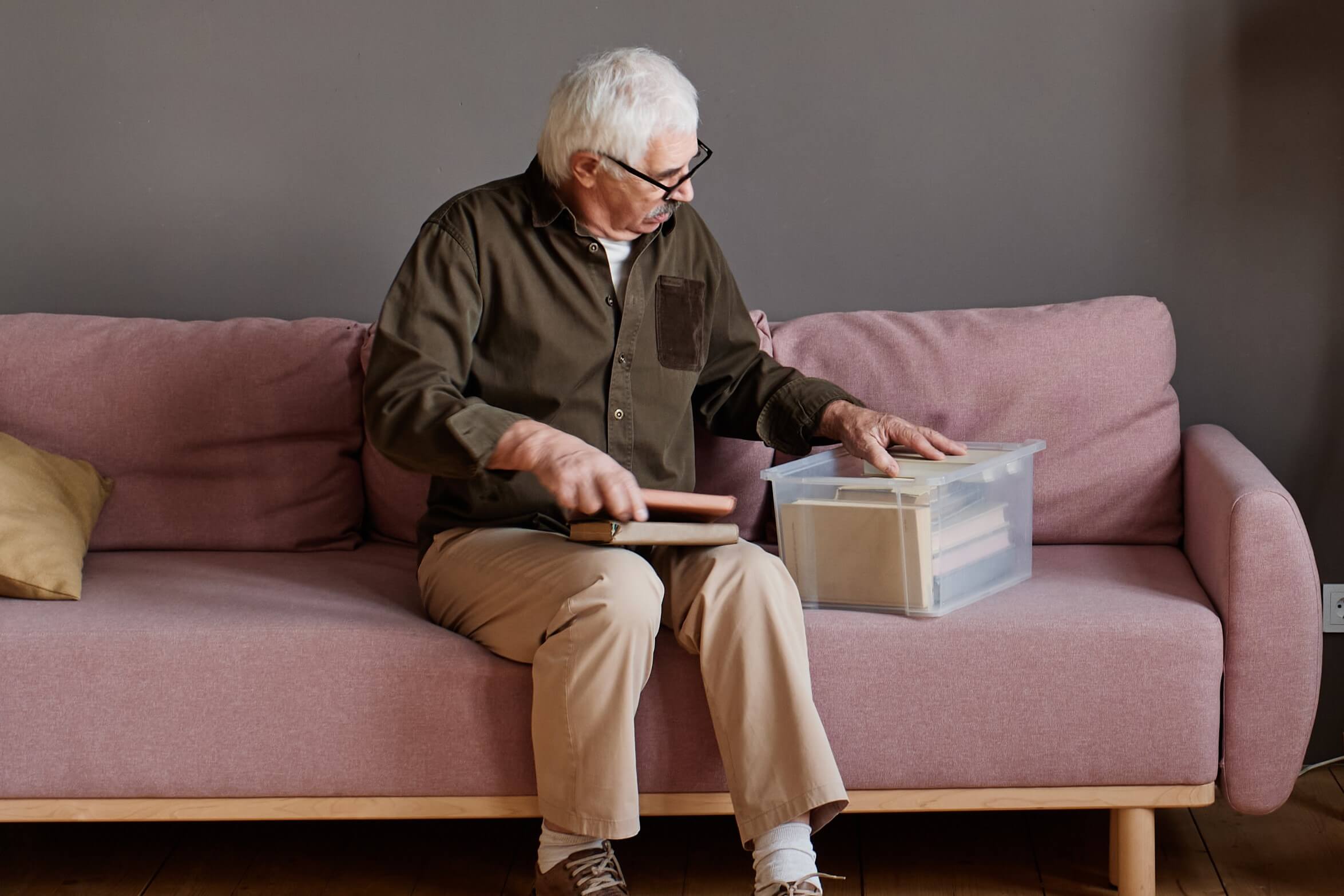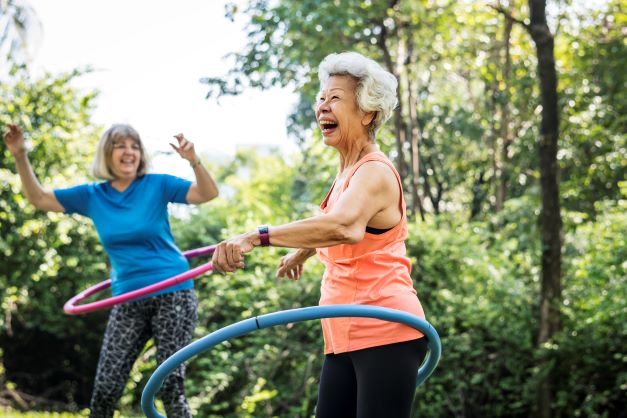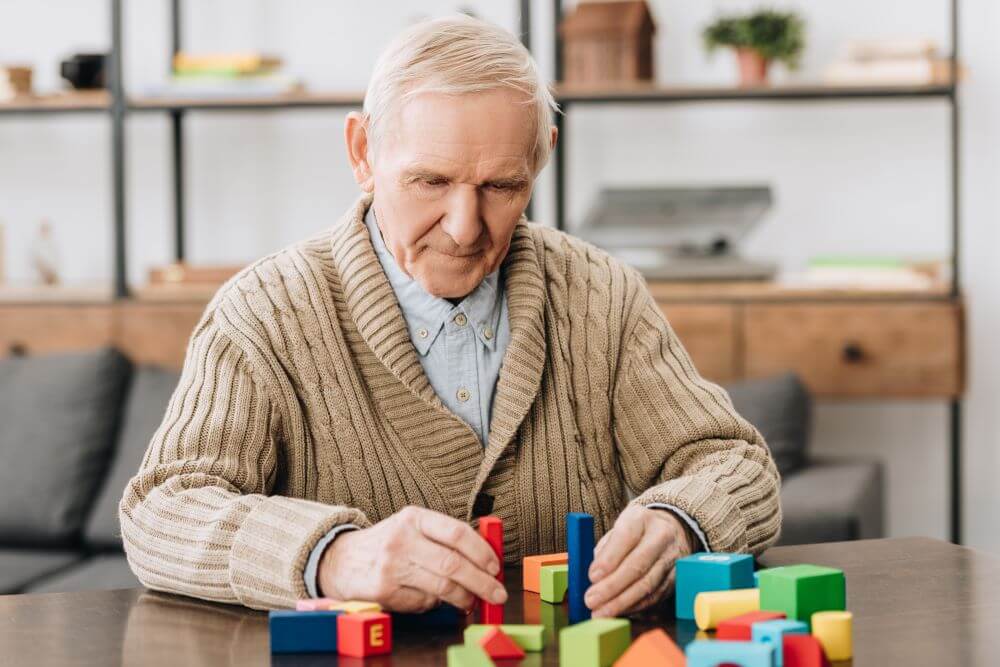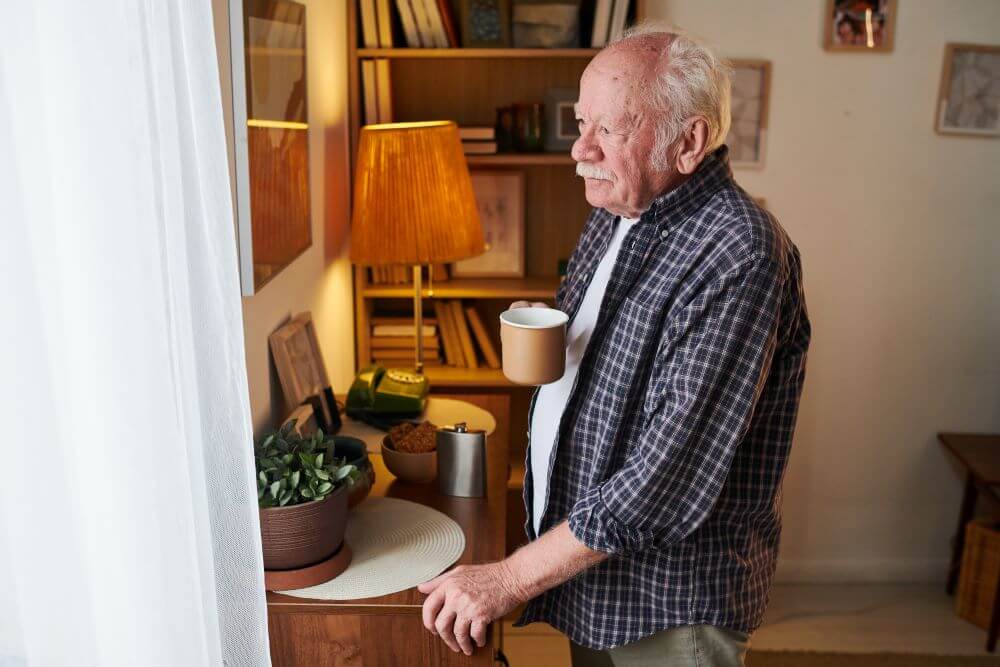When someone you love has dementia, it’s easy for them to feel lost, disconnected, or even like they no longer belong. The confusion and anxiety that come with dementia can take a toll on their sense of self-worth. Without purpose, many people with dementia begin to feel like they’re just a burden.
But here’s the good news: you can help. By finding ways to create meaningful moments, you can restore their sense of purpose and make them feel valued again. Let’s explore how to make that happen
Why Is a Sense of Purpose So Important?
When your loved one has dementia, they may experience a range of emotions: frustration, helplessness, and even a loss of identity. These feelings are normal, but they don’t have to define their daily life.
A sense of purpose can help your loved one feel like they belong and that they’re contributing to the world around them. It’s not just about keeping them busy; it’s about giving them a reason to smile and feel proud of what they can do. Learn more about understanding dementia here.

So, how can you help them find that purpose? Let’s dive into some practical tips.
Find Activities That Are Meaningful
The easiest way to spark joy and purpose is to connect your loved one with activities they care about. Think back to their past—what did they love to do?
- Pull from their career or past experiences. Activities related to their previous job can help them feel like their old self. Did they love gardening, working in an office, or fixing things around the house? Recreate those experiences with small tasks they can handle. For instance:
- Set up a mini garden for them to tend.
- Give them simple household chores like folding laundry or organizing items.
- Create tasks that remind them of their profession, like sorting papers or arranging tools.
- Tap into their hobbies. Did they enjoy painting, sewing, or cooking? Adapt those activities to their abilities. For example, let them mix ingredients for a recipe or set the table.
These activities don’t just keep their hands busy—they help them feel proud, engaged, and capable.

Encourage socializing to increase their Sense of purpose
One of the hardest parts of dementia is how friends and family sometimes drift away. It’s usually not intentional—people may feel unsure of how to interact or worry they’ll say the wrong thing. But isolation can leave your loved one feeling lonely and disconnected.
Here’s how to bring more connection into their life:
- Invite friends and family over. Even short visits can brighten their day and make them feel included.
- Explore group activities. Many communities offer dementia-friendly groups where your loved one can meet others and engage in fun activities.
- Create purposeful social moments. Activities like group crafts, music sessions, or coffee meetups give them a chance to connect and feel like part of the crowd.
The more they feel surrounded by love and support, the less isolated they’ll feel.

Stay Active Together
Physical activity is not only great for the body—it’s a mood booster, too! Even gentle movement can help your loved one feel accomplished and engaged. Learn more here.
- Start simple. Activities like walking, chair yoga, or light stretching work wonders.
- Look for dementia-friendly exercise programs. Many areas have programs designed to combine physical activity with social interaction, creating a double win for your loved one.
Staying active can help them feel more connected to their body and their surroundings, improving both their mood and overall health.

Keep Their Mind Engaged
Mental stimulation is just as important as physical activity. Keeping their brain active helps maintain cognitive function and brings a sense of accomplishment.
- Encourage puzzles, games, or reading. These activities can be adapted to fit their abilities, from simple crosswords to matching games.
- Try new things together. If they’re in the early stages, consider signing up for a class together, like art or cooking. Shared experiences can bring joy and deepen your bond.
- Simplify as needed. As dementia progresses, adjust activities to their current abilities. Sorting objects, listening to music, or enjoying sensory experiences can still provide meaning.

Be Patient and Adaptable
Dementia is unpredictable, and what works one day may not work the next. It’s important to stay flexible and approach your loved one with kindness and understanding. Connect with others facing similar challenges in our support group here.
- Celebrate small victories. Every smile, laugh, or moment of engagement is a win.
- Experiment with activities. Not everything will be a perfect fit, and that’s okay. Keep trying until you find what lights them up.
Remember, this is a journey for both of you. Your efforts to create a sense of purpose are a gift to your loved one, even on the challenging days.
Final Thoughts
Helping someone with dementia maintain a sense of purpose takes patience, creativity, and love. By focusing on activities that matter to them, encouraging social connections, and supporting their physical and mental well-being, you can bring a sense of joy and meaning back into their life.
You don’t have to have all the answers—you just need to start with one small step. Your love and effort can make all the difference in their journey.








